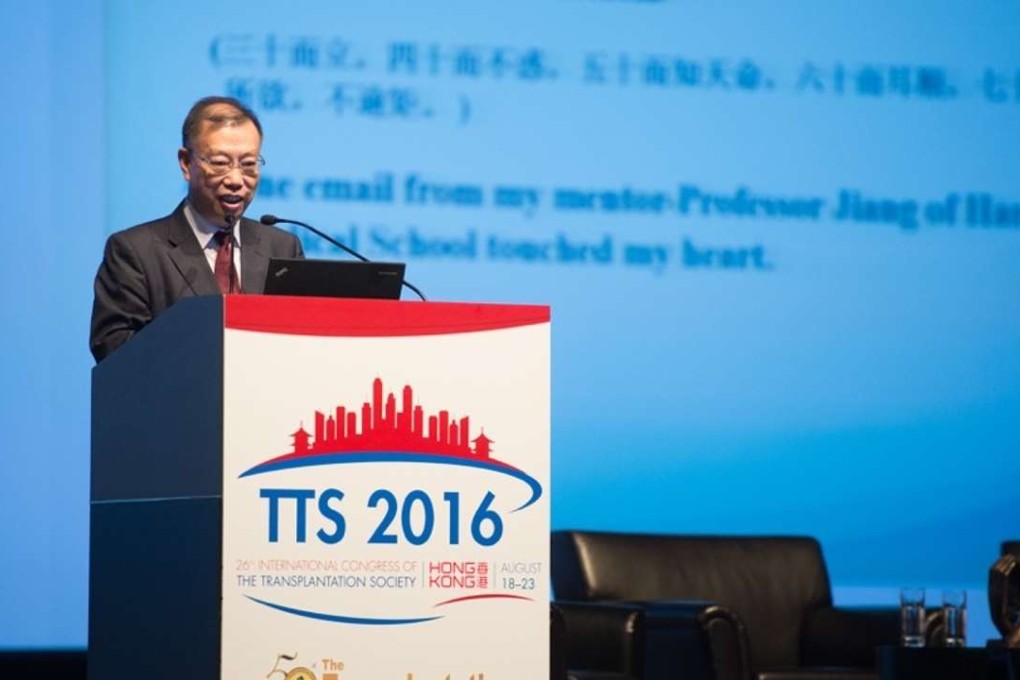Claims of widespread harvesting of prisoners’ organs in China ‘ridiculous’ … we stopped doing it last year, committee chief insists
Former deputy health minister insists executed prisoners are no longer a source but critics say China needs a law to explicitly ban the practice

A former deputy health minister now overseeing an overhaul of the organ transplant system on Monday dismissed claims of widespread harvesting of prisoners’ organs on the mainland, calling it an “insult” to transplant professionals and donors.
At an international conference in Hong Kong, Huang Jiefu, 70, who heads China’s organ donation and transplant committee, said China stopped harvesting organs from executed prisoners in January last year.
There is wild speculation that [there are] 100,000 transplants from executed prisoners in China every year. This is ridiculous
“There is wild speculation that [there are] 100,000 transplants from executed prisoners in China every year. This is ridiculous,” Huang said. “I think this is an insult to the intelligence of transplant professionals ... and an insult to the sacrifice of donors and their families.”
China long relied on executed prisoners as the main source of transplant organs, with the convicts supplying about two-thirds of the total. Organ donation by members of the public is low due in part to a traditional belief that bodies should be buried or cremated intact.
In 2010, the government launched a pilot project for voluntary donations, and the number of organs given shot up from 34 that year to 2,766 last year.
But some critics say the system does not exclude prisoners so the organs of death-row convicts might still be harvested if they “volunteer” to donate them.